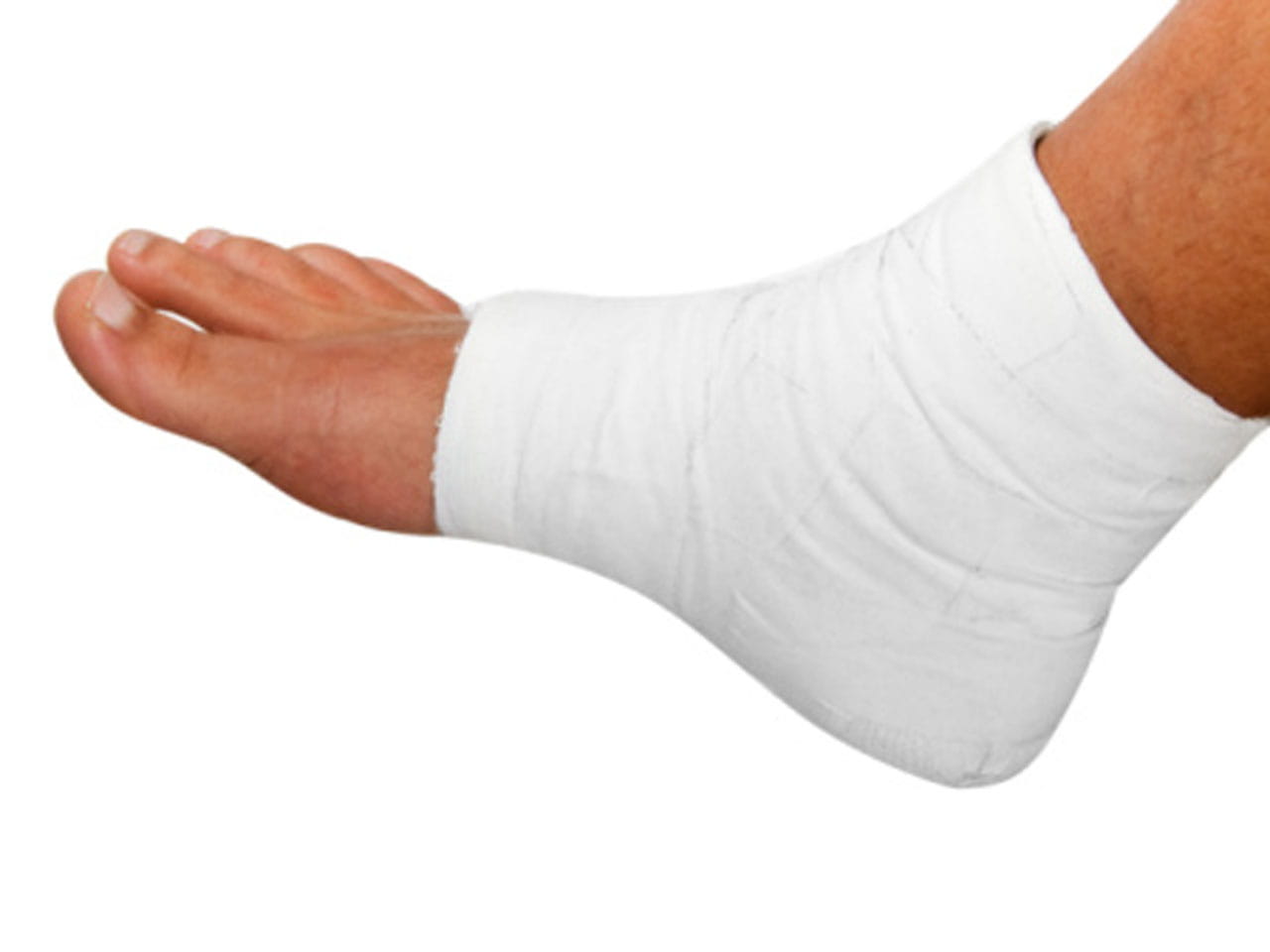The most common area for cartilage defects is in the knee, and many individuals will experience this issue after undergoing trauma such as ligament injuries or various other medical conditions. Although conservative treatments are typically the first options for addressing knee cartilage defects, including medications, physical therapy, and injections, these often cannot resolve the entire issue.
At this point, you will want to turn to one of many other treatment options for your knee cartilage defects depending upon your injury and the procedure that you’re willing to pursue.
Alternative Treatments to Consider
When conservative methods fail, you may want to consider one of several alternatives. Some of these options include:
- Microfracture – As one of the least invasive alternative options to consider, microfracture treatments will actually stimulate your body to grow cartilage in your damaged knee. Arthroscopic techniques can be used for this treatment, which involves penetrating the bone to expose inner layers of marrow, allowing cells to access areas without cartilage. While it is not known how well these new cells will hold up over time, it is still a solution that you may want to consider.
- Cartilage Transfer – As you might suspect, a cartilage transfer means that you will have healthy cartilage moved from different places in your body to your knee with the cartilage defect. If you have small defect areas in need of cartilage, this option may be the best choice as
it involves taking small plugs of cartilage from joint areas where it isn’t needed.
- Cartilage Implantation – Also referred to as autologous chondrocyte implantation (ACI), this relatively new procedure is intended to actually grow cartilage cells from outside your body to then implant back within your knee. Cells will be artificially grown and then placed back within your damaged knee joint, and is most successful and recommended for when your damaged joints are limited in scope.
Explore Your Options to Ensure a Favorable Outcome
By taking the time to consider your options, you can help to ensure that your results are exactly what you need to promote healthy knee joints. Knee cartilage defects can cause a lot of pain, limiting your mobility and how much you can do day-to-day. However, when you pursue one of these treatment paths, you can better your life and restore functionality to your knee.



